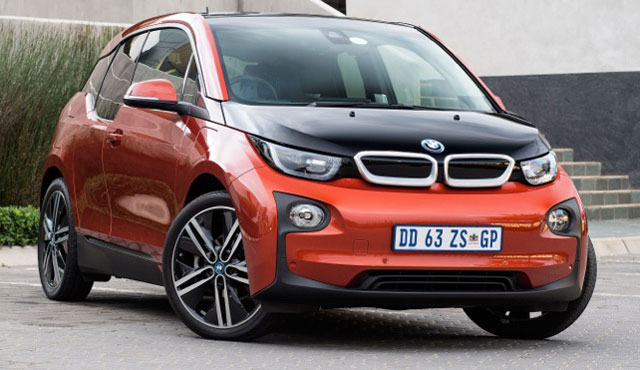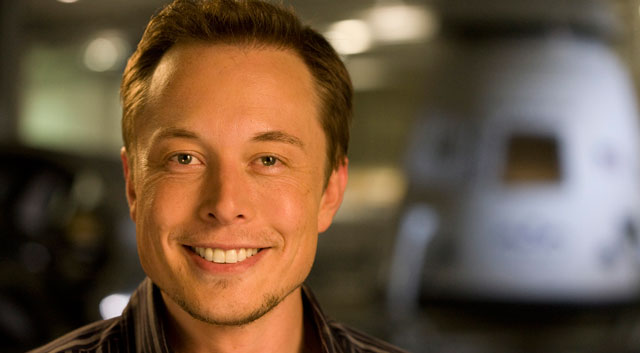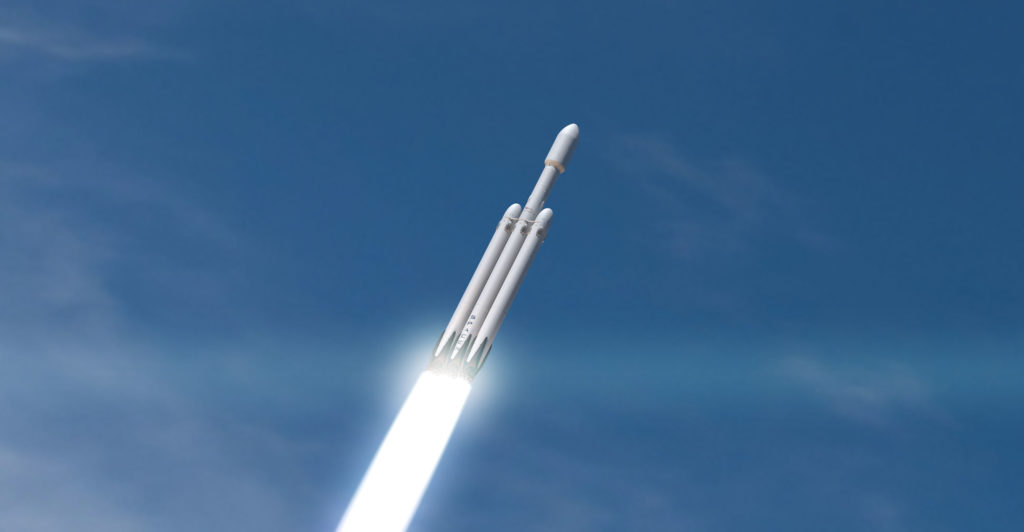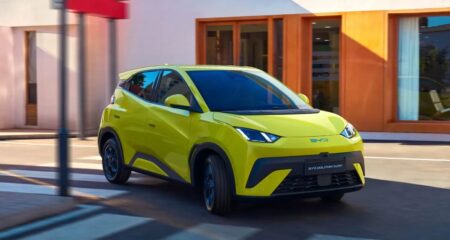
Tesla has taken plenty of flak lately, notably for its tendency to burn through vast sums of cash without delivering profit. But in at least one respect it’s succeeding beyond CEO Elon Musk’s wildest dreams: he’s forced the once-untouchable giants of Germany’s auto industry to accelerate plans for their own electric cars.
Top BMW executives won’t attend the Paris Motor Show this year because they’re busy plotting how to expand their electric range, Reuters reports. Meanwhile, Mercedes is preparing four new electric models and Volkswagen (owner of Porsche and Audi) has pledged that electric vehicles will comprise one quarter of sales by 2025.
German automakers were once pretty half-hearted about this shift. Veneration of the combustion engine was too ingrained in the national psyche. But those days are gone. With a fraction of their resources, Tesla has built a brand with an impassioned following and shocked the German industry into action.
Bringing those new German vehicles to market will take time, giving Tesla a relatively clear run for the next couple of years at least. Almost 400 000 of pre-orders for the US$35 000 Model 3 is impressive. But in the medium term — by 2020, say — Tesla shouldn’t count on having the premium market all to itself.
After all, that’s how innovation usually works. Apple built the iPhone, and others soon copied the features. Tesla moves much more quickly than a typical car maker but, unlike Apple, it’s still a capital-intensive business. It won’t be easy to keep making technical breakthroughs to maintain its competitive edge.
Nor is this a winner-takes-all industry, unlike creating a dominant search engine or social network. The features that Tesla owners coo about — the rapid acceleration, big screen, autopilot and range — will become commonplace in time.
And while Tesla’s cheap batteries are a big advantage, a massive increase in global production capacity should soon lower battery prices for rivals too, as my colleague David Fickling has explained. Given the engineering and financial power of Germany’s luxury car industry, it would be a shock if it couldn’t produce a vehicle to rival the Model S or Model X.
BMW has shown what it can do. In many respects the BMW i3, launched in 2013, was a great electric vehicle. But reinventing the car from scratch using lightweight carbon fiber made it too expensive. The limited driving range didn’t help sales, which last year accounted for just 1% of BMW’s total.
Yet BMW will learn. It funded the i3 development while maintaining an 8-10% operating profit margin for 25 consecutive quarters — a feat that Tesla is miles off matching (Tesla will reach a 4% Ebit margin by 2019, according to the average Bloomberg estimate.)

Shifting from a combustion-focused asset base to electric will of course bring higher spending and possible writedowns for incumbents. BMW and Mercedes may struggle to sustain their profitability. But that’s why their shares fetch less than eight times next year’s estimated earnings. You have to pay more than 120 times for Tesla stock. That’s a mighty stretch, unless you think Musk is going to obliterate the German auto industry — which I don’t.
It’s not even clear that he wants that. In 2013, he declared his goal was: “To try to serve as a catalyst to accelerate the day of electric vehicles… I’m hopeful that historians will look back on Tesla and say that Tesla advanced that by at least 10 years. That would be a huge victory in my mind.”
Judging by German automakers’ plans, Musk’s triumph is already within reach. Unfortunately for Tesla, forcing change isn’t the same as profiting from it. Historians are one thing, shareholders quite another. — (c) 2016 Bloomberg LP




